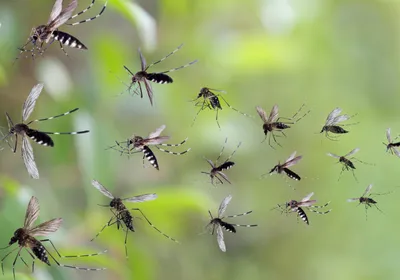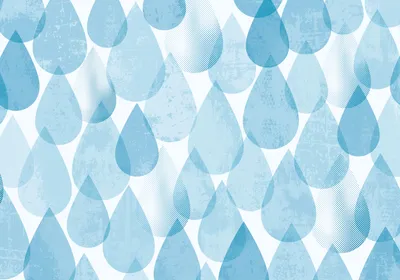ABOVE: CDC
Until this week, healthcare providers in the US who suspected a patient might have the new coronavirus 2019-nCoV needed to send samples to the Centers for Disease Control and Prevention for testing. But on Tuesday (February 4), the US Food and Drug Administration (FDA) issued an emergency use declaration that allows the newly developed test to be distributed as a kit to any CDC-qualified laboratory.
“This continues to be an evolving situation and the ability to distribute this diagnostic test to qualified labs is a critical step forward in protecting the public health,” says FDA Commissioner Stephen Hahn in the agency’s announcement.
As of today, 2019-nCoV has killed 565 people and sickened more than 28,000. Since an epidemic of the virus began in Wuhan, China, in December, researchers in China and elsewhere have raced to sequence and analyze its genome, devise tests for it, and develop vaccines and ...




















